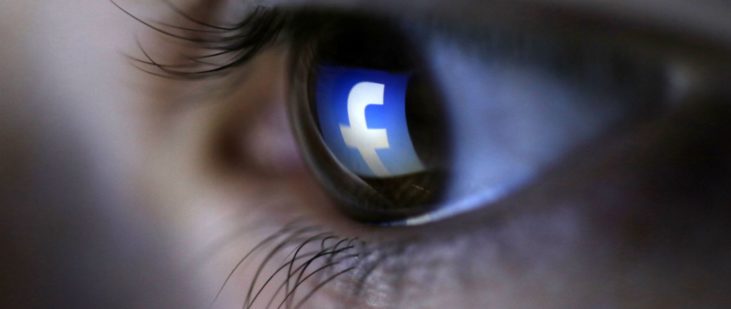CLBB Scientific Faculty Member Dr. Daniel Schacter, an expert on the neuroscience of memory, is extensively quoted in this Quartz article examining how social media shapes our memories.
By Olivia Goldhill | Quartz | July 16, 2017
For much of history, the only way to chronicle life was to write about it. Now, many of us take selfies on our smartphones to share on Facebook, and create picturesque albums of our daily meals on Instagram. And as the mediums we use to recall and review the past change, so do our very memories.
Daniel Schacter, a psychology professor at Harvard University, first established the effects of photographs on memories in the 1990s. In one experiment, he showed that it was possible to implant false memories by showing subjects photos of an event that they could have conceivably experienced, but didn’t. In another, he found that not only did looking at photos boost the memory of that particular event, but also impaired memories of events that happened at the same time and were not featured in the photographs. The primary focus of Schacter’s lab is on how memory relates to other cognitive abilities. His research has shown that weaknesses in our memory are positive attributes in allowing us to think meaningfully about the future.
“Photographs have the potential to distort memory,” he says. “When we threw in photographs of events that could’ve happened within the sequence but didn’t, they would become a false memory.”
To put that in a real world context, excessive scrolling through photos from a party last year could make you swear you remember Harry’s terrible late-night karaoke, when in fact you went home at 9pm.
There’s also a phenomenon called “retrieval-induced forgetting”: Photographs can not just remind us of events, but determine which events we forget. “If you go on vacation and review photographs for certain elements of that vacation, it’s also the case that the related things that you don’t review may be harder to remember,” says Schacter.
When everyone poses merrily at a festive dinner, for instance, that’s the image of the night that will most likely linger in memories—while the washing up afterwards, argument with your spouse on the way home, or miserable hangover the next day, will fade.
“With people doing this more and more, there’s the likelihood of re-sculpting the past in ways that promote the things that are on Instagram or elsewhere but make it less likely to remember related things that don’t make it into the online depository,” adds Schacter.
Finally, Schacter notes one aspect of memory that makes us susceptible to fake news online: That is, “source information” is a particularly vulnerable area of memory. We often have trouble remembering just where we learnt a particular piece of information. Online, this means we could easily misremember a news story from a dubious source as being from a more credible publication.
Social media may shape which memories we remember, but it’s not clear whether it’ll make our memories worse. It’s entirely possible that we’re mindlessly scrolling through past albums, relying on photos to recreate our memories and becoming lazy in our ruminations about the past compared to in the days when we had an old diary or letters to read through. But it’s also possible that looking through so many photos is encouraging us to remember old events ore often.
The ways social media shapes our memory could end up having knock-on effects for other mental habits. All those hours on Facebook could change not just what we do with our time, but how we think.
Read the full article, originally published by Quartz.



